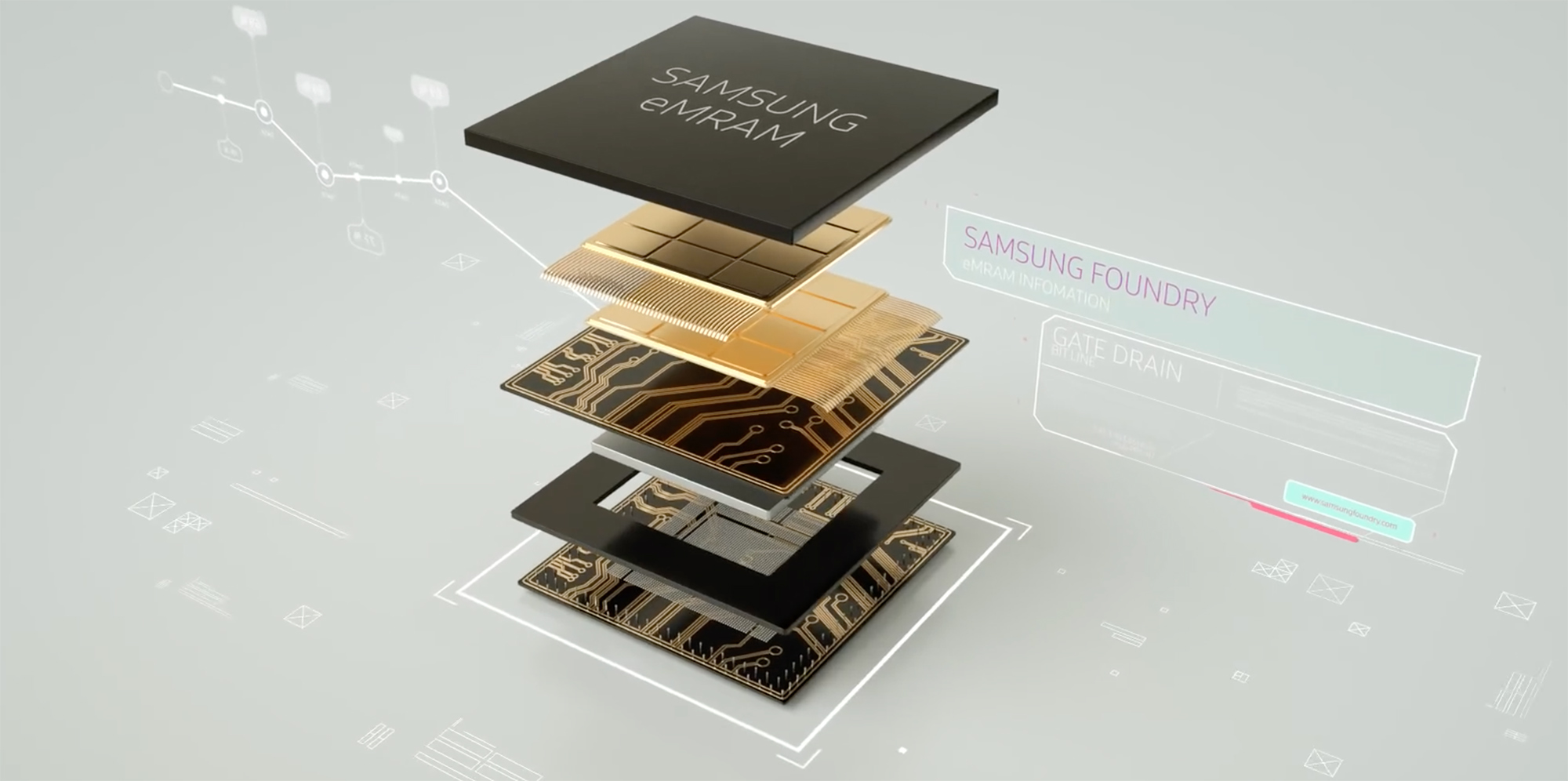
Breakthrough in Novel Memory Technology: Samsung’s eMRAM Takes Center Stage
In a significant development, Samsung Electronics has announced that its 8nm eMRAM is nearing completion, with process upgrades underway as planned. This breakthrough in novel memory technology is poised to revolutionize the industry, offering faster access speeds and higher durability compared to traditional DRAM.
 Next-generation memory technology
Next-generation memory technology
As a new type of non-volatile memory technology based on magnetic principles, eMRAM falls under the category of embedded MRAM (Magnetoresistive random-access memory). Unlike DRAM, it does not require data refreshing, and its write rate is 1000 times that of NAND. These characteristics have led the industry to hold a positive outlook on the potential of eMRAM, especially in scenarios that demand high performance, energy efficiency, and durability.
Industry Outlook and Applications
Samsung Electronics is one of the main producers of eMRAM and is dedicated to promoting its adoption in the automotive sector. In 2019, Samsung developed and mass-produced the industry’s first eMRAM based on 28nm FD-SOI. After achieving the production capability of 28nm eMRAM, Samsung reportedly plans to mass-produce 14nm eMRAM in 2024, 8nm in 2026, and 5nm in 2027.
“The industry holds a positive outlook on the potential of eMRAM, especially in scenarios that demand high performance, energy efficiency, and durability.”
The Rise of New Memory Technologies
In recent years, the proliferation of big data and artificial intelligence applications has generated massive memory demands and placed higher requirements for memory technologies. Against this backdrop, new memory technologies have continuously emerged, among which SCM (Storage Class Memory) is a representative, combining high-speed read and write performance of DRAM with the persistent storage capability of NAND flash.
 The future of memory technology
The future of memory technology
Aside from Samsung, companies like Kioxia and ByteDance have also acted vigorously in the new memory field this year. In April, Kioxia’s CTO Hidefumi Miyajima stated that compared to competitors developing both NAND and DRAM, Kioxia is at a competitive disadvantage in terms of business diversity, making the cultivation of new memory product business like SCM a necessity.
The Future of Memory Technology
As the industry continues to evolve, it is clear that new memory technologies will play a crucial role in shaping the future of computing and data storage. With companies like Samsung, Kioxia, and ByteDance at the forefront of innovation, the possibilities are endless.
 The future of memory technology
The future of memory technology















